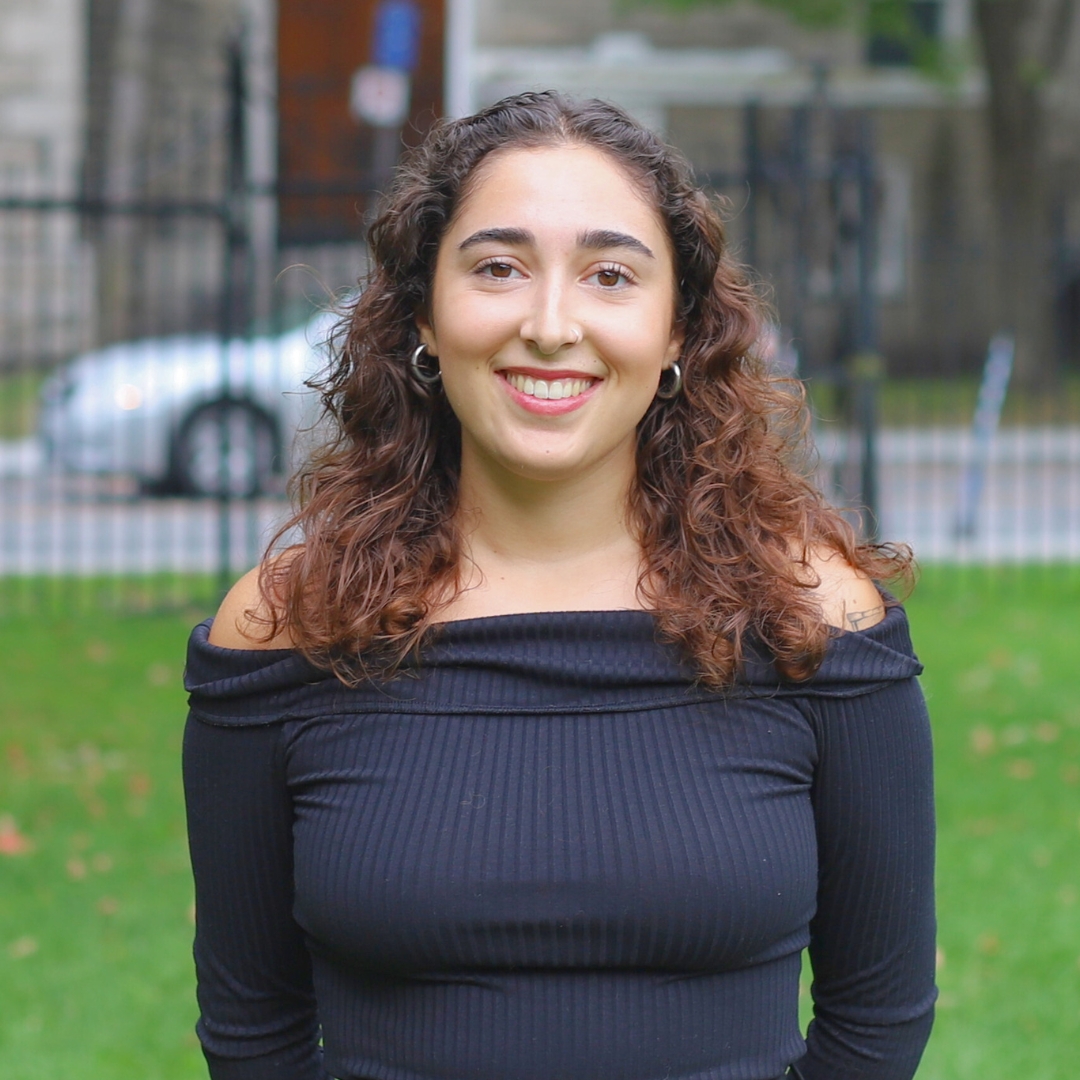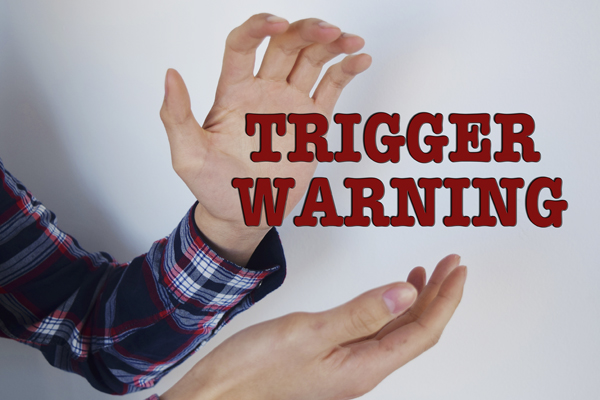Diverse stories about gender and sexuality should be available at schools. In fact, this is crucial for the health of young students.
Content warning: this article contains mentions of suicide, self-harm and anti-human policies
Storytime in schools includes more than fairytales, villains, dragons, and quests. Children utilize stories and characters with whom they identify to express their perplexing emotions.
For queer students, having access to stories similar to their own or addressing specific questions might help to reduce feelings of alienation. These feelings of alienation and isolation can lead to greater mental health issues, such as depression and anxiety.
Diverse stories about gender and sexuality should be available at schools. In fact, this is crucial for the health of young students.
It is widely acknowledged that queer people tend to have poorer mental health than heterosexual and cis-gendered people. The Canadian Mental Health Association reports that a staggering 77 per cent of transgender youth who responded to an Ontario-based survey had seriously considered suicide. This is due to a variety of factors, including poor access to gender-affirming care, socioeconomic factors, and general social environment.
Some key factors for positive mental health for the queer community includes support from community members, and workplaces or school.
Banning books about gender and sexuality in schools does not achieve the desired goal of ‘shielding children’. It simply further endangers them. The practice of banning books limits exposure to different perspectives and hinders understanding of important societal issues.
Here are a few books that have been banned from schools in the past years, and why they should be in classrooms.
All Boys Aren’t Blue by George M. Johnson
All Boys Aren’t Blue is a stunning memoir by George M. Johnson that details the author’s experiences as a queer Black person. The book was banned in eight states in the United States due to ‘sexually graphic material’, including descriptions of queer sex and masturbation.
The book offers a poignant and insightful reflection on identity, gender, and sexuality within the context of their upbringing and societal expectations.
Banning this book sends a harmful message that certain identities and experiences are not valid or worthy of recognition, which can perpetuate discrimination and prejudice.
Gender Queer by Maia Kobabe
Gender Queer by Maia Kobabe is a sweet, thoughtful, and heartwarming graphic memoir that explores the author’s journey of self-discovery, relationships, and identity as a non-binary and asexual person.
When the book started circulating in the news after its release in 2019, dozens of schools pulled it from library shelves, labelling it as ‘pornographic’.
For queer students, seeing their identities and experiences represented in literature can provide validation and a sense of belonging. Banning this book sends the message queer books sends the message that their experiences are not acknowledged, which can harm their mental and emotional well-being.
Last Night at the Telegraph Club by Malinda Lo
Last Night at the Telegraph Club tells the story of a young Chinese-American woman discovering her identity and love for another girl amidst the backdrop of 1950s San Francisco’s 2SLGBTQ+ and Chinese communities.
The author commented on the ban of Last Night at the Telegraph Club in their blog stating “The most frequently targeted books are about people of color, LGBTQ+ people, racism, and history. In the last two years, my books have been banned, challenged, or restricted in 44 cases in 40 communities across 16 states.”
Queer literature often reflects the historical struggles and achievements of the 2SLGBTQ+ community. Understanding this history is crucial for students, as it helps them comprehend the ongoing fight for 2SLGBTQ+ rights and the progress that has been made–and is still being made.
Overall, banning queer books in schools is not only detrimental to the principles of diversity but also hinders the educational and personal growth of students. Students should care about this issue to promote inclusivity, tolerance, empathy, and the preservation of fundamental rights in education.
If you or a friend is experiencing suicidal ideation or struggling with mental health you can call Talk Suicide Canada anytime at 1-833-456-4566, or visit TAO Self-Help, a free 24/7 online therapy platform.






